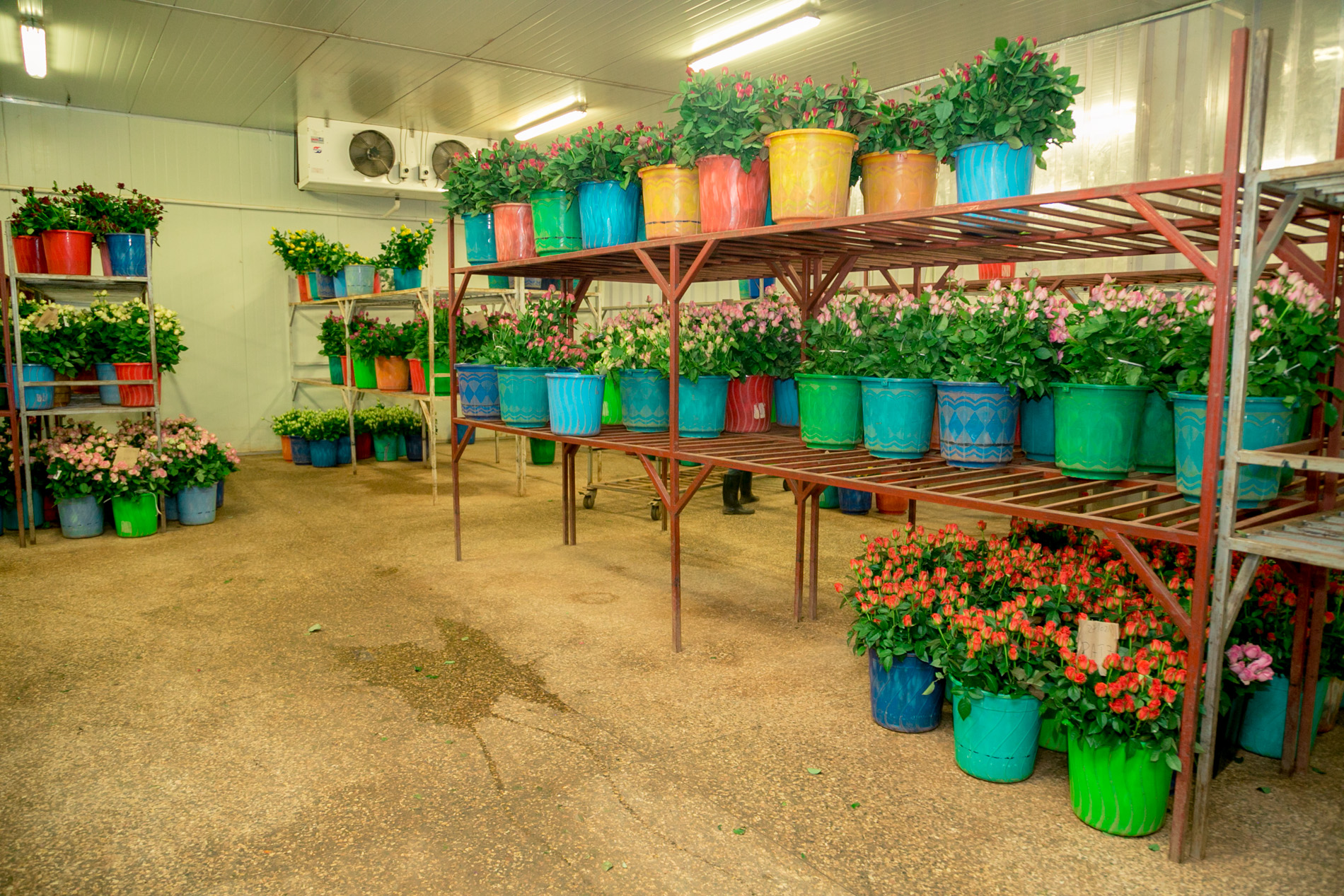Following the outbreak of the Covid-19 disease in Uganda in March 2020, the management of JP Cuttings flower farm, in Uganda, initiated immediate measures aimed at ensuring that the health and safety of the employees is guaranteed.
According to Ms Hamid Janat, the Human Resource Officer at JP Cuttings, the farm immediately acquired basic items, made adjustments to the working schedule and formed various committees to address the different needs which might arise with time.
Formation of a taskforce and committees
A taskforce on Coronavirus was formed comprising of the management team, the farm doctors and security officers. Masks and sanitizers were acquired and distributed amongst the farm workers. Additionally, different sub-committees were set up to assist in handling issues such as sexual harassment, salary advances and loans (It is through these committees that all emerging concerns have been dealt with until now).
However, even though the company took all the necessary actions, the workers were still worried about their job security and it took the intervention of the farm’s Managing Director to calm down their fears.
”People were worried about losing jobs. The farm’s Managing Director endeavoured to speak to all workers at their respective work stations in order for the workers to feel secure,” says Ms Janat.

Additionally workers were updated on managements initiatives. “We have members of the women’s committee who keep us up-to-date on the plans by management and share information about the pandemic with us, ” Christine Namatovu, a farm worker noted.
Health and safety checks
According to Lydia Namukose, the company nurse, all workers endeavored to do their part while on their part in the clinic, they remained available and alert. “For instance, if a worker presented signs of cough and flu, we would offer medication and advise them to stay at home until they recovered”, says Namukose.
Namukose adds that the farm did temperature check-ups every morning, during breaks and every evening. “We wanted to be prepared and to identify any possible outbreaks. We have continued to do the same, because workers could be exposed to the virus at their homes, as well as undertaking sensitization to reduce stigma amongst persons who may have been previously quarantined.” The managing director additionally offered a standby vehicle to transport any patients in case of emergencies.
In order to prevent possibility of sexual harassment within the farms, workers who temporarily lived within the farm were kept in separate wings with limited movements between men and women.
Cushioning the workers
Through the committees set up, workers could approach the management and receive a salary advance to push them through difficult patches. The company also extended a financial reprieve of approximately $7 for food and transport allowance when one needed to travel home.
“We did not get our usual salary increase but at least if you were in need of anything, you could approach a committee member or the management and get a salary advance to get you through the tough times,” Nomatovu.
Future plans
According to Hamid Janat, the challenges have been different with every new month. Prior to the pandemic, the management had plans to invest in new greenhouses, was prepared to meet the yearly salary increments for all workers but in efforts to meet the new challenges posed by the pandemic, that has since changed. The farm management is now planning to reallocate these funds to acquire a company bus to be transporting the workers with the hopes that this will boost production in the long run.
By Charlotte kyomugisha




